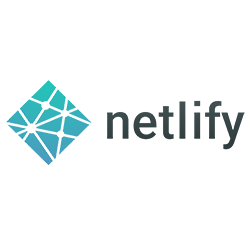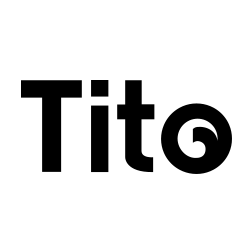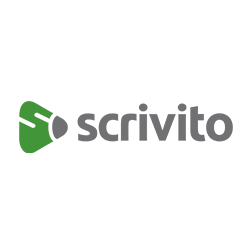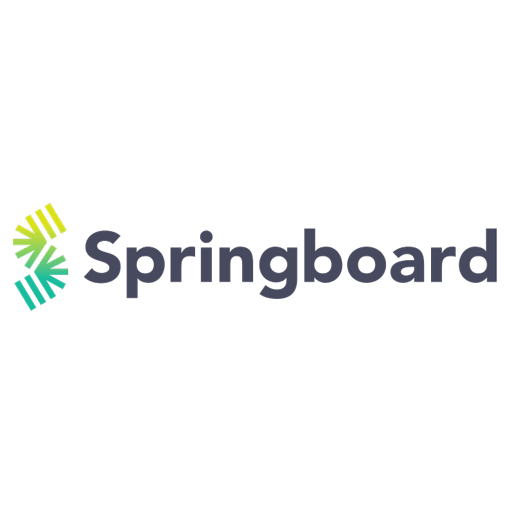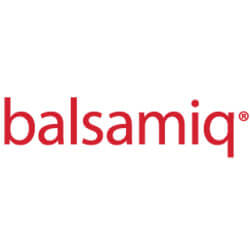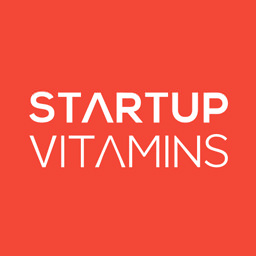Workshops
On Monday April 16th and Thursday April 19th, we’ll be hosting our workshops at the Downtown Campus of SFU. On Monday, we are delighted to have Sarah Drasner leading her Vue.js class, Barry Munstersteiger will be teaching Critical Design Thinking, and Vitaly Friedman will work with you on the most crucial UX Design Patterns.
On Thursday, we’re thrilled to have Rachel Andrew teaching Advanced CSS Layout techniques, Josh Clark providing hands-on Designing Exceptional Mobile Experiences, Vitaly Friedman will be sharing his favorite RWD Tips and Tricks and Demian Borba Fail fast to succeed sooner: Design, Prototype and User Test.
Join one of the intensive workshops with a limited number of seats. Tickets for the full-day workshops cost $499 — all booking fees included. Save $100 by registering for a workshop when buying your conference ticket. Lunch will be provided.
Get your workshop ticket now →
Workshops include…
- Snacks and drinks during the whole day
- Tea and coffee in the morning
- Lunch
- Paper and pen/pencil
-

Intro to Vue.js
with Sarah Drasner
Full-day workshop • April 16th
Vue.js brings together the best features of the javascript framework landscape elegantly. If you’re interested in writing maintainable, clean code in an exciting and expressive manner, you should consider joining this class.- On the Web
- http://sarahdrasnerdesign.com/
- On Twitter
- @sarah_edo
-

Critical Design Thinking
with Barry Munsterteiger
Full-day workshop • April 16th
Entrepreneurial success relies on approaching problems with a creative mind and critical eye. This workshop is designed to teach participants multiple tactics for creative and critical thinking in a fastpaced, adaptive, and agile environment, with a focus on communication.- On the Web
- https://instigatecreative.com
- On Twitter
- @instig8creative
-
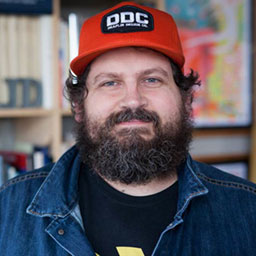
Make a Logo the DDC Way
with Aaron Draplin
Full-day workshop • April 16th
Go behind the scenes with the DDC and learn about Aaron’s process for creating marks, logos and more. Each student will attack a logo on their own with guidance from Aaron. Could be something you are currently working on, or have always wanted to make.- On the Web
- http://ddcbook.com/
- On Twitter
- @Draplin
-
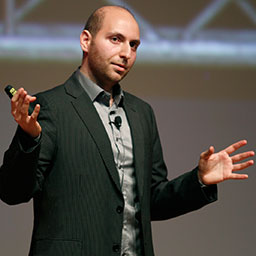
Smart Responsive UX Design Patterns
with Vitaly Friedman
Full-day workshop • April 16th
In this workshop, Vitaly Friedman, co-founder of Smashing Magazine, will cover practical techniques, clever tricks and useful strategies you need to be aware of when working on responsive websites. From responsive modules to clever navigation patterns and web form design techniques; the workshop will provide you with everything you need to know today to start designing better responsive experiences tomorrow.- On the Web
- https://smashingmagazine.com
- On Twitter
- @smashingmag
-

Advanced CSS Layouts With Flexbox and CSS Grid
with Rachel Andrew
Full-day workshop • April 19th
This workshop is designed for designers and developers who already have a good working knowledge of HTML and CSS. We will cover a range of CSS methods for achieving layout, from those you are safe to use right now even if you need to support older version of Internet Explorer through to things that while still classed as experimental, are likely to ship in browsers in the coming months.- On the Web
- https://rachelandrew.co.uk/
- On Twitter
- @rachelandrew
-

Fail fast to succeed sooner: Design, Prototype and User Test
with Demian Borba
Full-day workshop • April 19th
The sooner you test and learn, the sooner you can iterate and achieve success. Learn how to design, prototype, and user test a modern iOS 11 application with Adobe XD, using Photoshop for complex bitmap editing and Illustrator for precise pixel-perfect icons. Start with high-fidelity designs, apply industry best practices, and use powerful UI kits to speed the design. Switch to prototyping to create interactions and define the best flow. Then wrap up with user testing.- On the Web
- http://www.xd.adobe.com
- On Twitter
- @demianborba
-

Design for What’s Next
with Josh Clark
Full-day workshop • April 19th
Spend a day exploring the web’s emerging interactions and how you can put them to work today. Your guide is designer Josh Clark, author of Designing for Touch and ambassador of the near future.- On the Web
- https://bigmedium.com
- On Twitter
- @bigmediumjosh
-
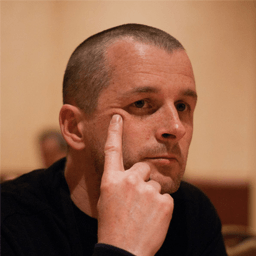
Graphic Design Crashcourse
with Mark Boulton
Full-day workshop • April 19th
In this workshop, Mark Boulton will guide you through the practical design techniques that make a difference. From learning how to crop a photograph to guide a viewers eyes, to being able to typeset a data table for optimum scanning by a reader. This is a very practical workshop. You’ll end the day with a design you are proud of and a new toolbox of design techniques to use tomorrow.- On the Web
- http://www.markboulton.co.uk
- On Twitter
- @markboulton
-

New Front-End Adventures in Responsive Design
with Vitaly Friedman
Full-day workshop • April 19th
With HTTP/2, Service Workers, Responsive Images, Flexbox, CSS Grid, SVG, WAI-ARIA roles and Font Loading API now available in browsers, we all are still trying to figure out just the right strategy for designing and buildings responsive websites efficiently. We want to use all of these technologies and smart processes like atomic design, but how can we use them efficiently, and how do we achieve it within a reasonable amount of time?- On the Web
- http://smashingmagazine.com
- On Twitter
- @smashingmag


